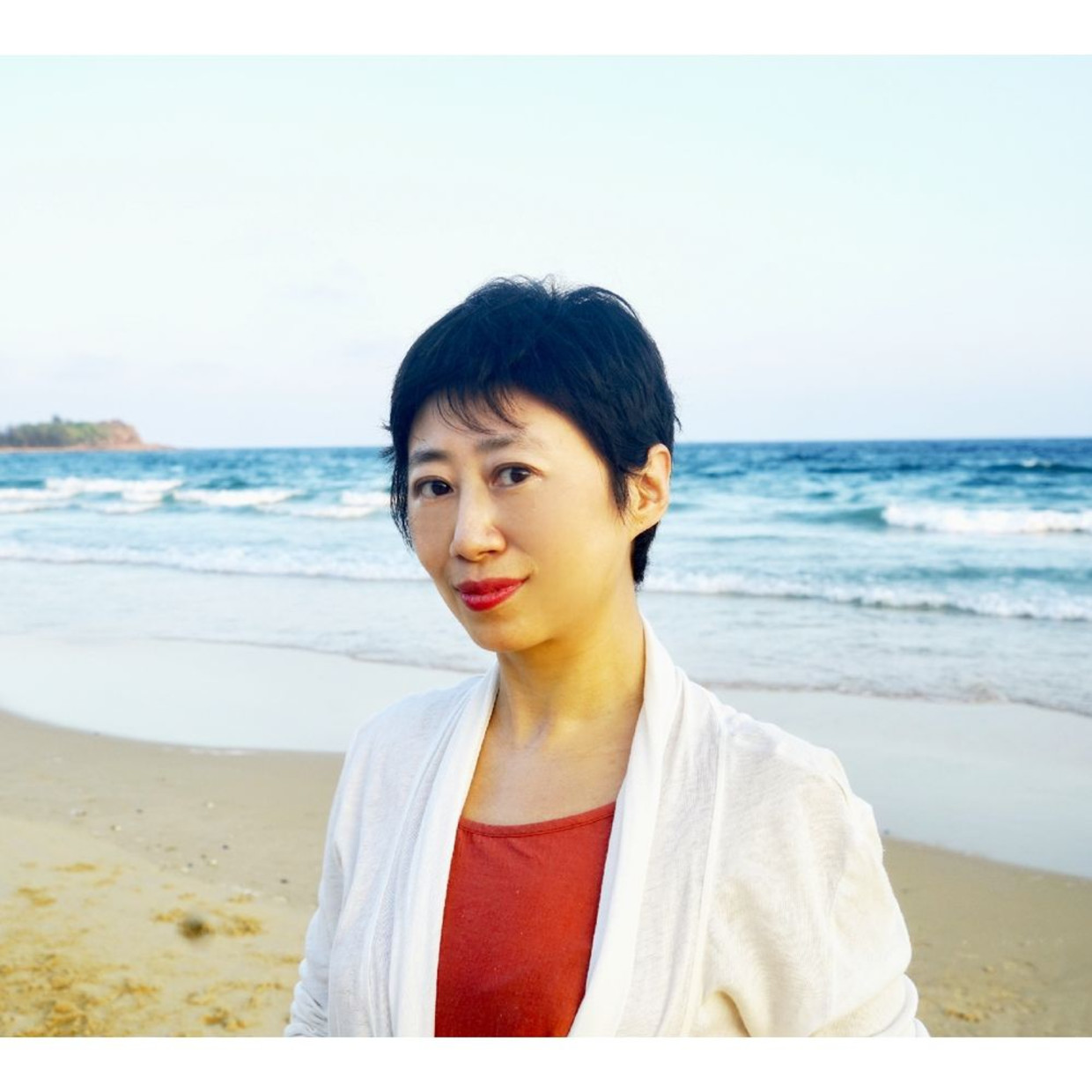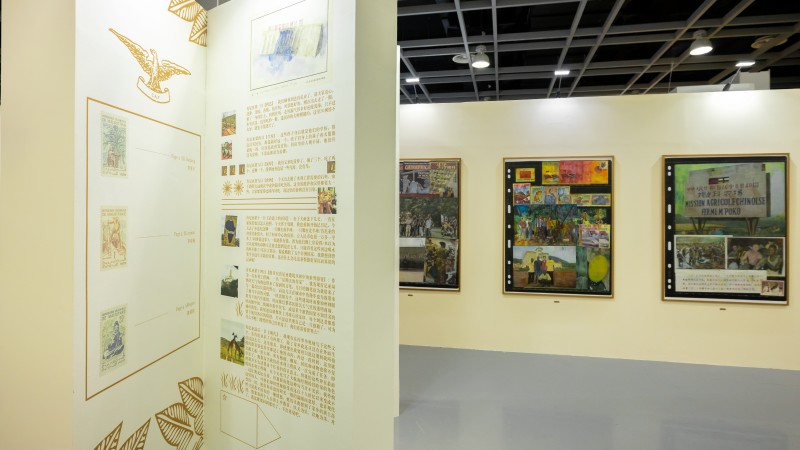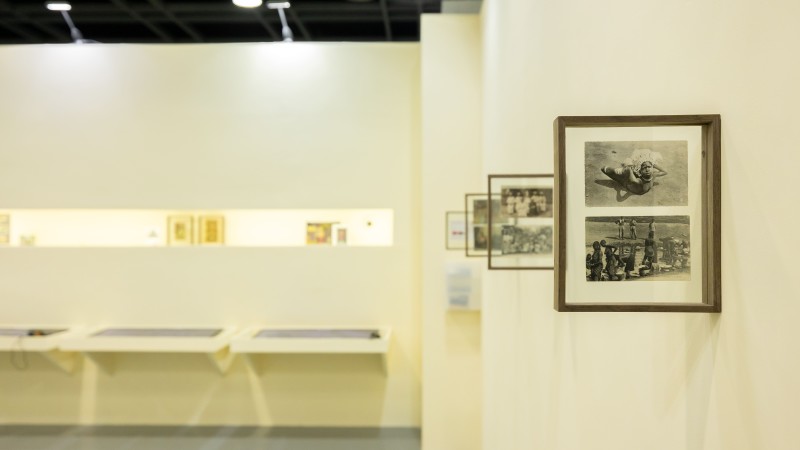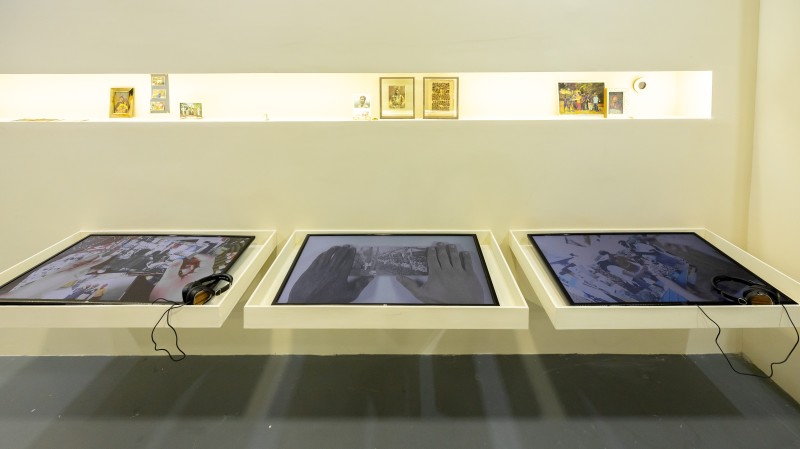artist
Pu Yingwei
Pu Yingwei was born in Taiyuan, Shanxi Province, China and currently lives and works in Beijing. He received his BFA from the Sichuan Fine Arts Institute and his DNSEP (MFA with félicitations du jury) from the École nationale supérieure des beaux-arts de Lyon.
Pu Yingwei bases his work upon his personal investigation of realities, as he believes that the experiences and memories of individuals are the cordial justification of the world’s existence. The artist is revisiting and parodying political and historical texts in a personal way through his practice, which encompasses exhibitions, writings, publications, and lectures. His writings represent a nonfictional autobiography with narratives that involve such broad topics as race, country, language, and colonization.
Recent solo exhibitions/projects include: “Double Empire,” Nouvel Institut Franco-Chinois, Lyon (2018); “If only it were true,” Galerie Sator, Paris (2018); Pu Yingwei and Jim Thompson Architects, J: GALLERY, Shanghai (2017); Roman Nomade, Hive Center for Contemporary Art, Beijing (2017). Recent group exhibitions: “Dance With It,” Taikang Space, Beijing (2018); “Frontier: Re-assessment of Post-Globalisational Politics,” OCAT Shanghai/OCAT Institute, Shanghai/Beijing (2017-2018); “Fiction Art,” OCAT Shenzhen, Shenzhen (2018); “I Do (not) Want To Be Part Of Your Celebration,” Qiao Space & TANK Shanghai Project Space, Shanghai (2017); “Reciprocal Enlightenment,” CAFA, Beijing (2017).
Pu won the John Moores Painting Prize in 2012 and the HuaYu Youth Award in 2018. His film “Interview” was shortlisted by the Caen Si Cinéma Festival (2018).
Pu Yingwei views the nomadic life he’s lived in China and the West and the tide of globalization as a type of contemporary exile, and tries to describe in his works the intertextuality and mutual clarification between China’s domestic situation and other cultural contexts. In 2016, after “post-truth” became the word of the year, Pu Yingwei began his fictional writing, His article “Empire’s Legacy On ‘Pacing: A Journey of 70 years’ and its silences” won the second prize in the IAAC competition (International Awards for Art Criticism),expounding on his belief that first-language writing and translating are identity construction and contextual production as one among the “others,” and that such production is ushering in a new possible identity that is rid of any established ideologies.

 African stamps printed as French colonies at the end of the 19th century.2015-2018
African stamps printed as French colonies at the end of the 19th century.2015-2018 "About the Last Day Forever" (Skin, or the Eternal politics of Light).2015
"About the Last Day Forever" (Skin, or the Eternal politics of Light).2015 Mpoconon farm: The People's Republic of China Assisting the Central African Republic. Shot by Li Guiping in the Central African Republic.2012
Mpoconon farm: The People's Republic of China Assisting the Central African Republic. Shot by Li Guiping in the Central African Republic.2012



